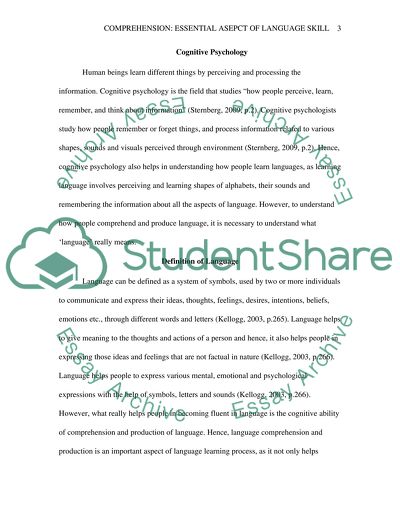Cite this document
(“Comprehension: Essential Aspect of Language Skill Term Paper”, n.d.)
Retrieved from https://studentshare.org/psychology/1428791-cognitive-psychology-neurolinguistics
Retrieved from https://studentshare.org/psychology/1428791-cognitive-psychology-neurolinguistics
(Comprehension: Essential Aspect of Language Skill Term Paper)
https://studentshare.org/psychology/1428791-cognitive-psychology-neurolinguistics.
https://studentshare.org/psychology/1428791-cognitive-psychology-neurolinguistics.
“Comprehension: Essential Aspect of Language Skill Term Paper”, n.d. https://studentshare.org/psychology/1428791-cognitive-psychology-neurolinguistics.


